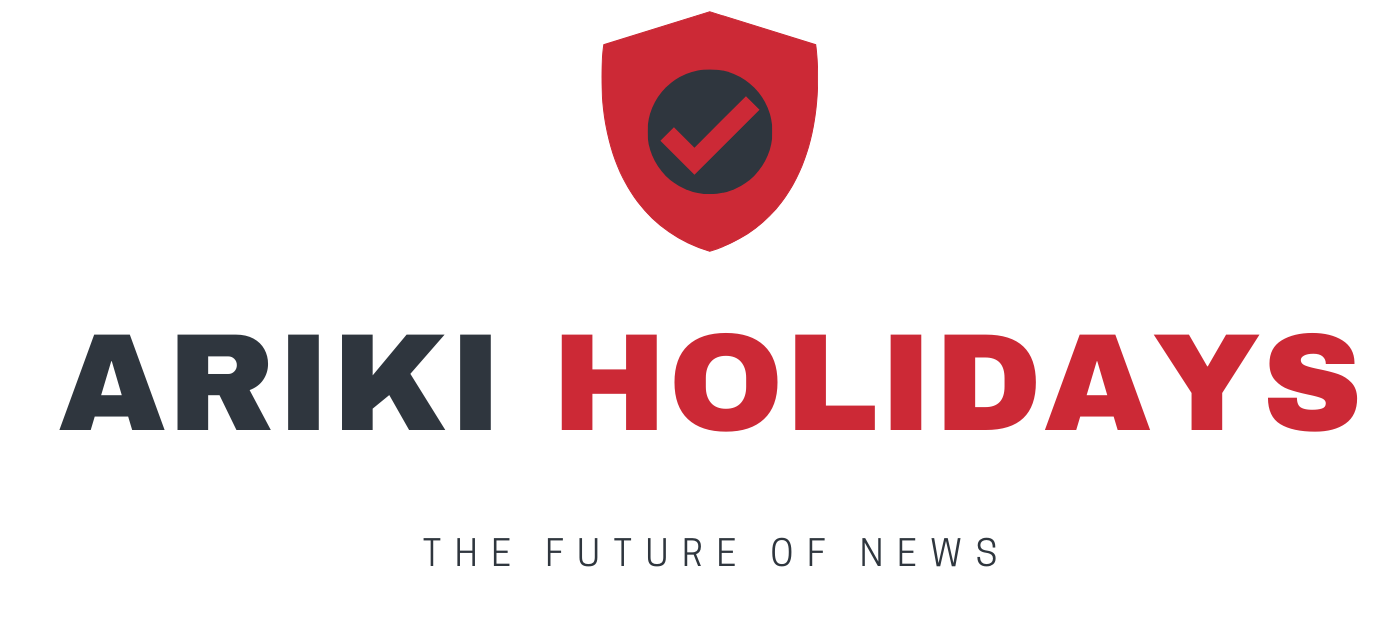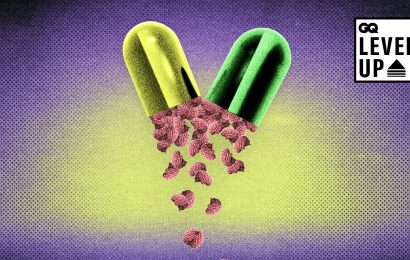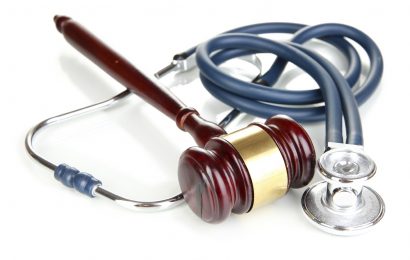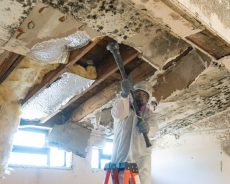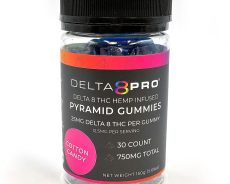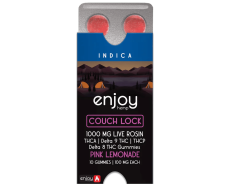PPD, or postpartum depression, is a major mental health condition that most commonly affects moms within the first year after the birth of their child. It usually affects the parent who has just given birth, but it can also impact any new parent. PPD is rather common: between 10% and 20% of new mothers suffer from it. This mental health condition is one of a slew of mood disorders that can arise around the time of childbirth. Perinatal psychiatric disorders are the name given to this group. Postpartum anxiety, postpartum psychosis, and prenatal depression, or depression before pregnancy, are all included in this category. After having a child, it’s natural to feel exhausted, stressed, or anxious. It’s also natural to be concerned about being a better wife or making the best decisions for the infant and family. For the first two or three weeks following labor, new parents may feel tearfulness, a poor mood, exhaustion, and other symptoms.
7 Cups has individuals accessible 24/7 to listen and help you feel better if you need emotional support for postpartum depression but can’t afford counseling. 7 Cups provides no-cost access to certified therapists and opportunity to communicate with trained volunteer listeners. You can also choose to speak with a certified therapist for $150 per month if you like. If you go with the premium option, you’ll be given access to a private chat room where you can communicate your therapist as much as you want. Monday through Friday, therapists answer once or twice per day, and messages can be sent through mobile phone or desktop computer.
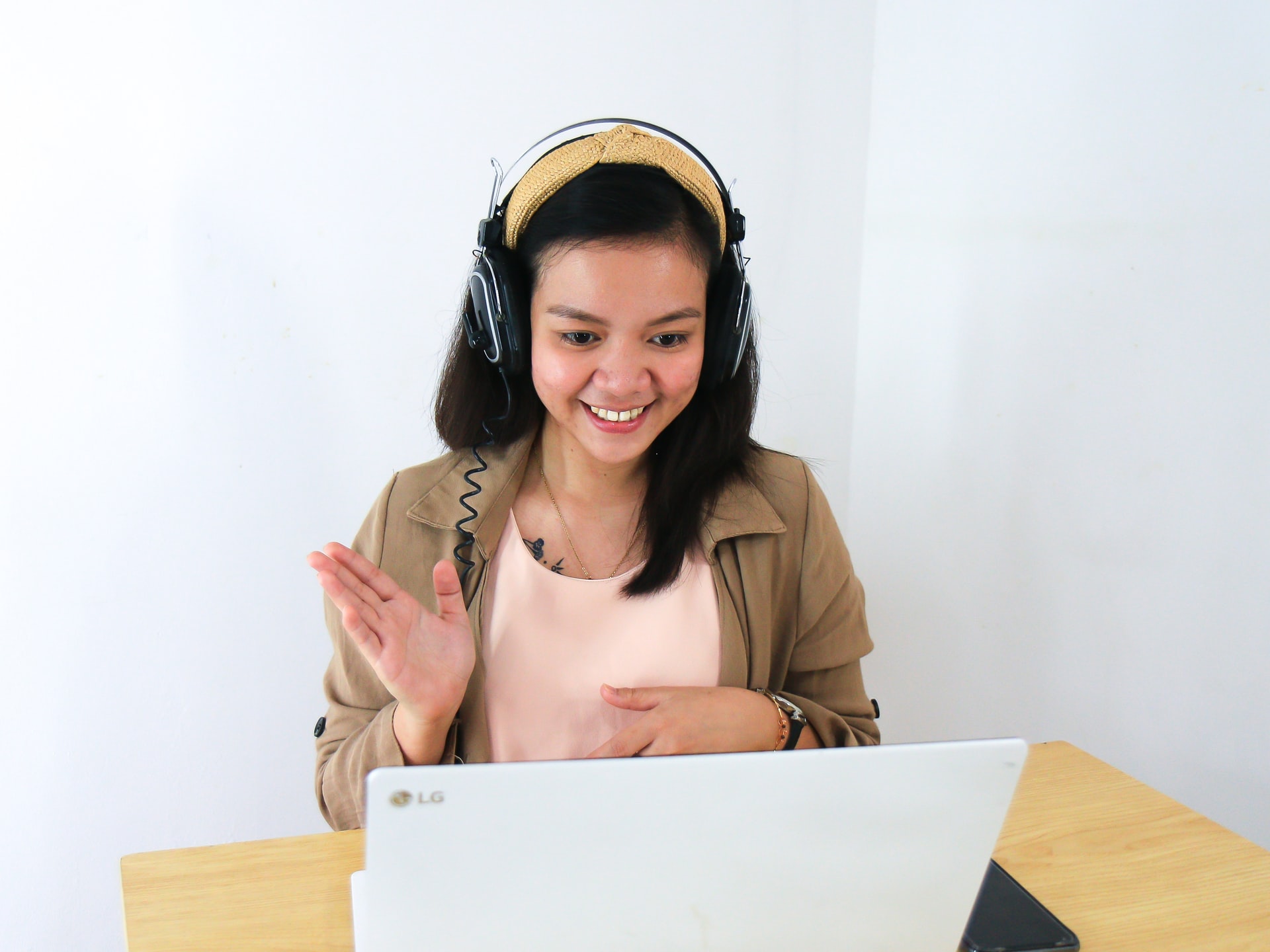
The Anxiety and Depression Association of America (ADAA) is a non-profit institution committed to the prevention and treatment of mental illnesses, especially depression. The group aspires to eliminate the stigma associated with depression and anxiety through science-based initiatives and outreach. The ADAA has been helping individuals all over the world for over 30 years and has over 11 million site visitors each year. In the United States, Canada, and Australia, the organization offers free in-person and internet support groups. With over 59,000 members, there’s also a thriving online anxiety meeting place. The forum, which is housed on the social network HealthUnlocked, provides a safe area for users to share their stories openly.
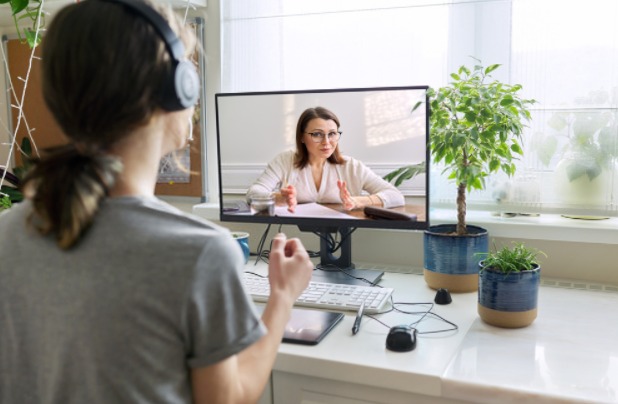
The National Alliance on Mental Illness (NAMI) is a well-known grassroots organization dedicated to improving the lives of those suffering from mental illnesses. The group has 600 local affiliates and 48 state organizations after more than 40 years of service. NAMI’s long history makes it a trustworthy reference, and depressed people may find support in the NAMI Connection Recovery Support Group. In cities across the country, peer-led groups meet in person and online. Members aged 18 and up meet on a weekly or gender fluid basis to foster sympathy and resilience while discussing their personal experiences.
Mental Health America (MHA) is a gold mine of information when it comes to learning about mental illness. The online networking community centre and forum can be found among its pages of peace tools and instructive webinars. The online network group is located on Inspire, a network of health-related commitment and support, and it covers more than 20 mental disorders topics. For more information, Island Now releases a guide on online therapy programs.
